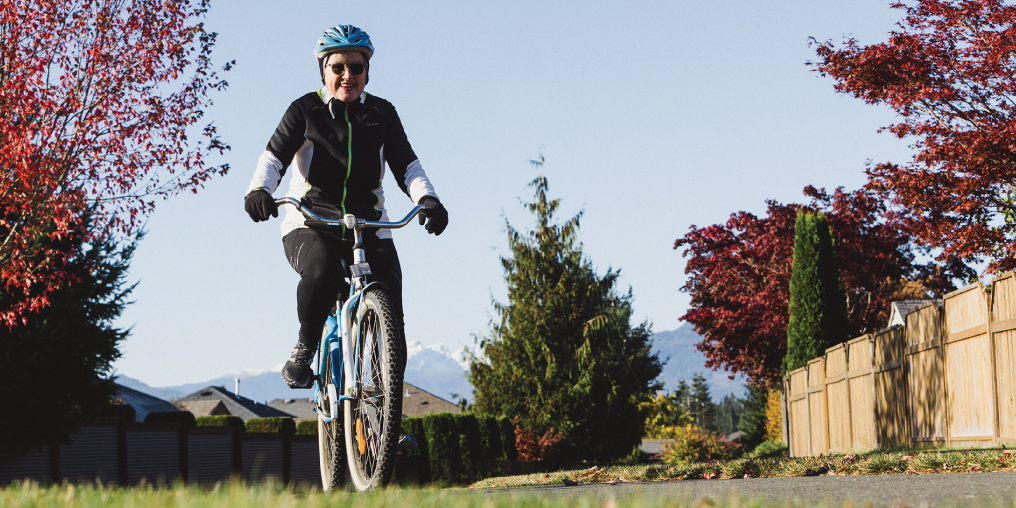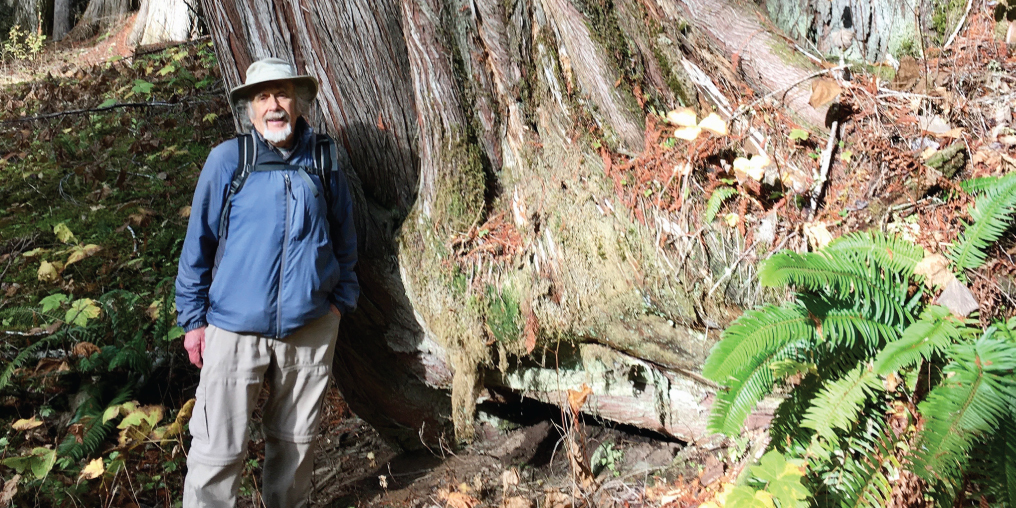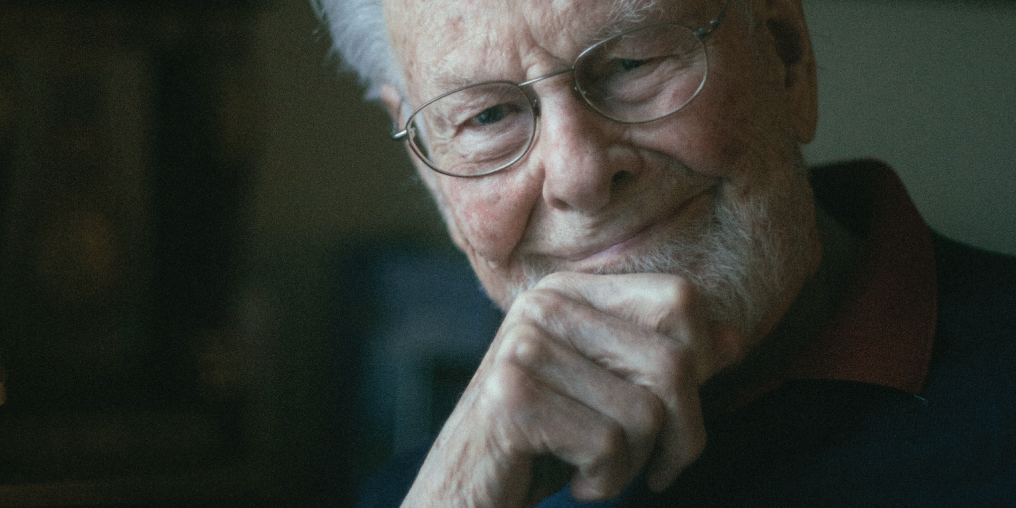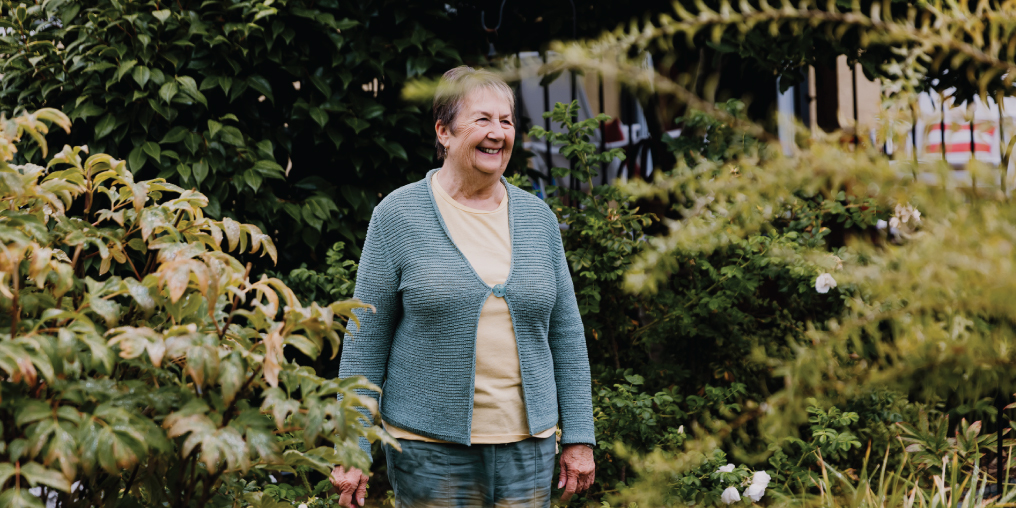Restful interludes are integral to the rhythm of life.
In the natural world, winter is usually considered a season of rest as many plants and animals become dormant once lower temperatures set in. But because I am a lover of cross-country skiing, winter is perhaps my most active time. Now that I am retired, I try to get up Mount Washington two or three times a week during skiing season. I know people who ski daily, but I also like to leave time for other activities such as running, cycling, and outdoor fitness classes, all of which are possible year round in the Comox Valley.
Somehow the classic image of a retiree in a rocking chair does not apply to me (or to most of my friends)! Like most baby boomers, I feel that my life after retirement is busier than ever due to volunteer commitments, more time with friends, and catching up on travel, reading, and even chores around the house and yard.
So why, then, am I writing about resting? What is the “rest” of the story?
Many dictionaries define rest as the minimizing or complete cessation of activity. However, I believe rest is still activity, but of a different kind—one that’s crucial for healing and strengthening the body, mind, and spirit.
Much as the natural world needs the rhythm of the seasons, physical training requires periods of rest. In May 2021, I ran my first-ever marathon. During the nine-month training program before the race, my coach emphasized the importance of recovery time to provide an opportunity for my body to become stronger. But while I faithfully ran the required distances during my training regimen, I did not allow my body enough rest time, leading to a much slower result in my marathon than I had hoped for.
Rest can be an interlude, or a shifting of focus, when applied to mental activity. One of my favourite pastimes is solving cryptic crossword puzzles. I have a weekly commitment to meet with a friend to try and solve two such puzzles; usually, if one of us cannot think of the answer, the other one can. [Editor’s note: Diane usually dashes off to meet this friend straight after an early-morning outdoor workout class.] When I do similar puzzles alone, I find that if my brain rests, the next time I pick up the puzzle the answer is suddenly there. Clearly my mental rest time allows a subconscious processing of possibilities.
Most spiritual belief systems include regular active rest. Jewish tradition involves the concept of “Shabbat,” or the Sabbath, a weekly rest day with a different pace and activities from those engaged in during the remainder of the week. Observing Shabbat helps people refresh their bodies and minds and refocus their attention on their spiritual lives. Many Christians, myself included, try to build a daily “quiet time” of prayer and reflection into our lives. Other faith practices involve similar times of contemplation and meditation.
Rest, then, is a necessary part of the rhythm of life, involving a change of pace and focus from other activities.
Perhaps thinking about the patterns of the seasons, in which winter serves as a rest for our natural environment, can help us remember to build in similar interludes in our own lives—physical rest to strengthen our bodies, mental rest to refocus our minds, and spiritual rest to refresh our souls.





